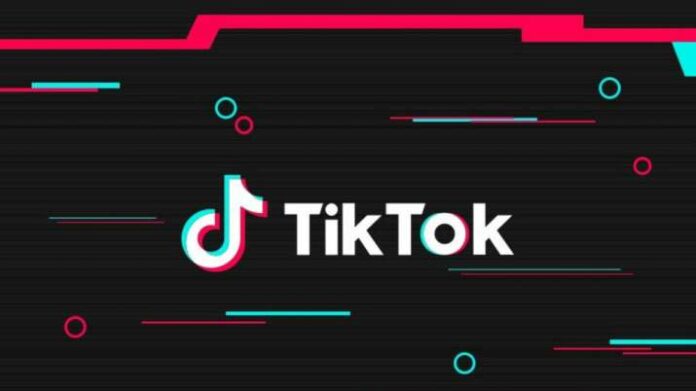TikTok made a final attempt to continue its operations in the United States, asking the Supreme Court to temporarily block a law that requires ByteDance, its China-based parent company, to divest the app by January 19 or face a ban.
An emergency request was filed by TikTok and ByteDance on Monday to halt the enforcement of the law while they appeal a lower court ruling that upheld the legislation. A group of U.S. TikTok users also submitted a similar request.
Congress passed the law in April, with the Justice Department stating that TikTok poses “a national-security threat of immense depth and scale” due to its access to American user data and potential to manipulate content. TikTok’s arguments that the law violates the First Amendment were rejected by the U.S. Court of Appeals for the D.C. Circuit on December 6.
In their Supreme Court filing, TikTok and ByteDance stated that Americans “are entrusted with making that choice” to continue using the app despite the alleged risks. It was argued that if the court’s ruling stands, “Congress will be granted free rein to ban any American from speaking by identifying a foreign influence.”
TikTok and ByteDance noted that being shuttered for even a month would cause TikTok to lose nearly a third of its U.S. users while damaging its advertising, creator recruitment, and employee talent.
The companies referred to TikTok as “one of the most important speech platforms” in the United States and stated that no imminent national security threat exists. They argued that delaying enforcement would allow the Supreme Court to evaluate the law and provide time for President-elect Donald Trump’s incoming administration to reconsider it.
The companies further argued that the law “shutters one of America’s most popular speech platforms” a day before the presidential inauguration. Trump, who unsuccessfully tried to ban TikTok in 2020, has since reversed his stance and promised to save the app during his current campaign.
On Monday, Trump was asked at a press conference what steps he would take to prevent a ban. He replied, “I have a warm spot in my heart for TikTok” and added that he would “take a look” at the matter.
TikTok and ByteDance requested the Supreme Court issue a decision by January 6 to allow time for the “complex task of shutting down TikTok” in the United States, if required, and coordinate with service providers.
TikTok spokesperson Michael Hughes stated after the filing that the court is being asked “to apply the most rigorous scrutiny to speech bans and conclude that the law violates the First Amendment.”
The D.C. Circuit Court’s earlier ruling noted that “the First Amendment exists to protect free speech in the United States.” It was further stated that the government’s actions were aimed at limiting a foreign adversary’s ability to gather data on U.S. citizens.
Under the law, certain services would be barred for TikTok and other foreign adversary-controlled apps, including their availability in app stores operated by Apple and Google. The enforcement would effectively prevent TikTok’s continued use in the U.S. unless ByteDance divests the app by the deadline.
The case comes amid rising trade tensions between China and the United States. Observers note that a ban on TikTok could pave the way for similar actions against other foreign-owned apps. In 2020, a U.S. ban on WeChat, owned by Tencent, was attempted but was blocked by the courts.




